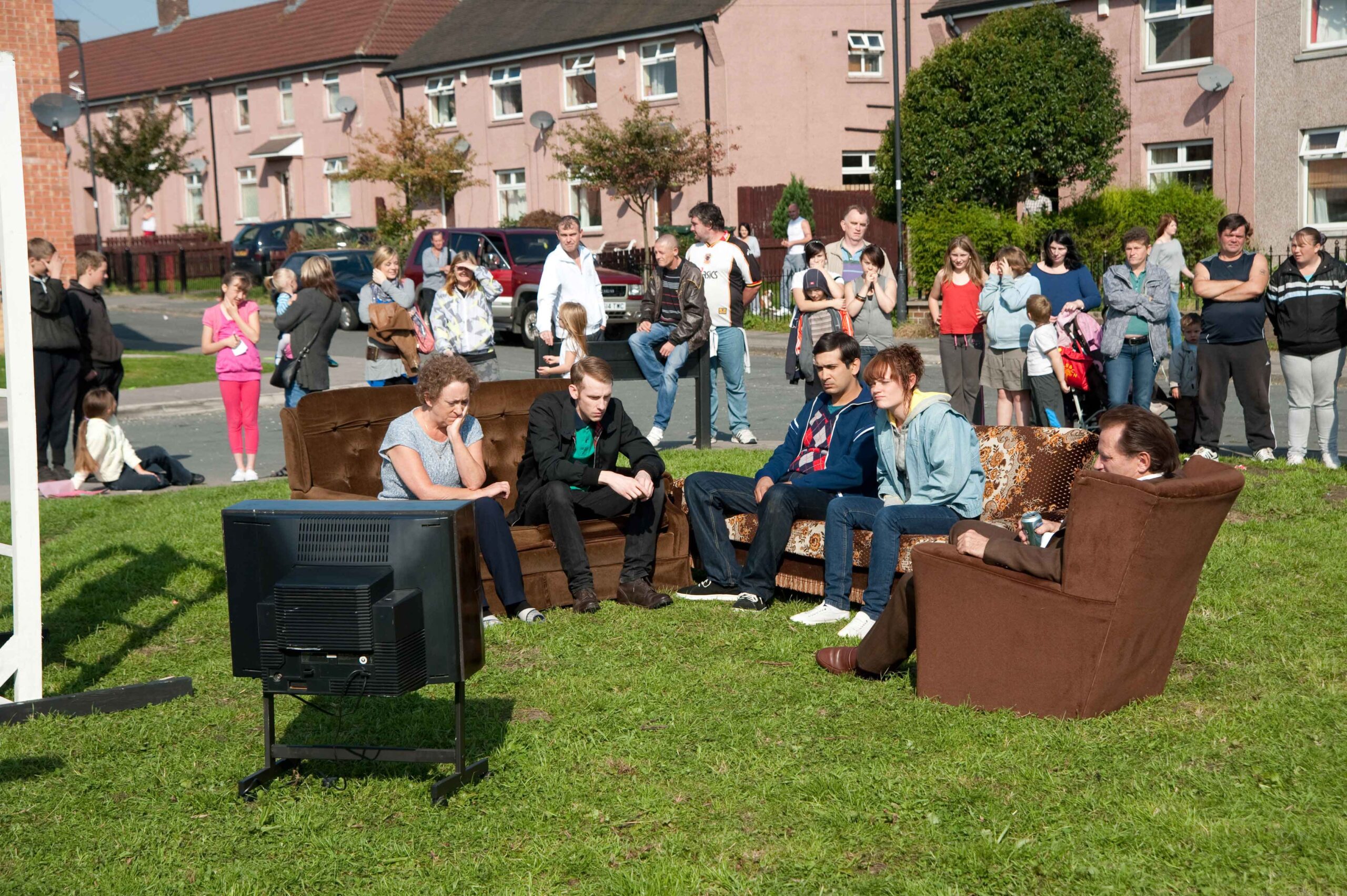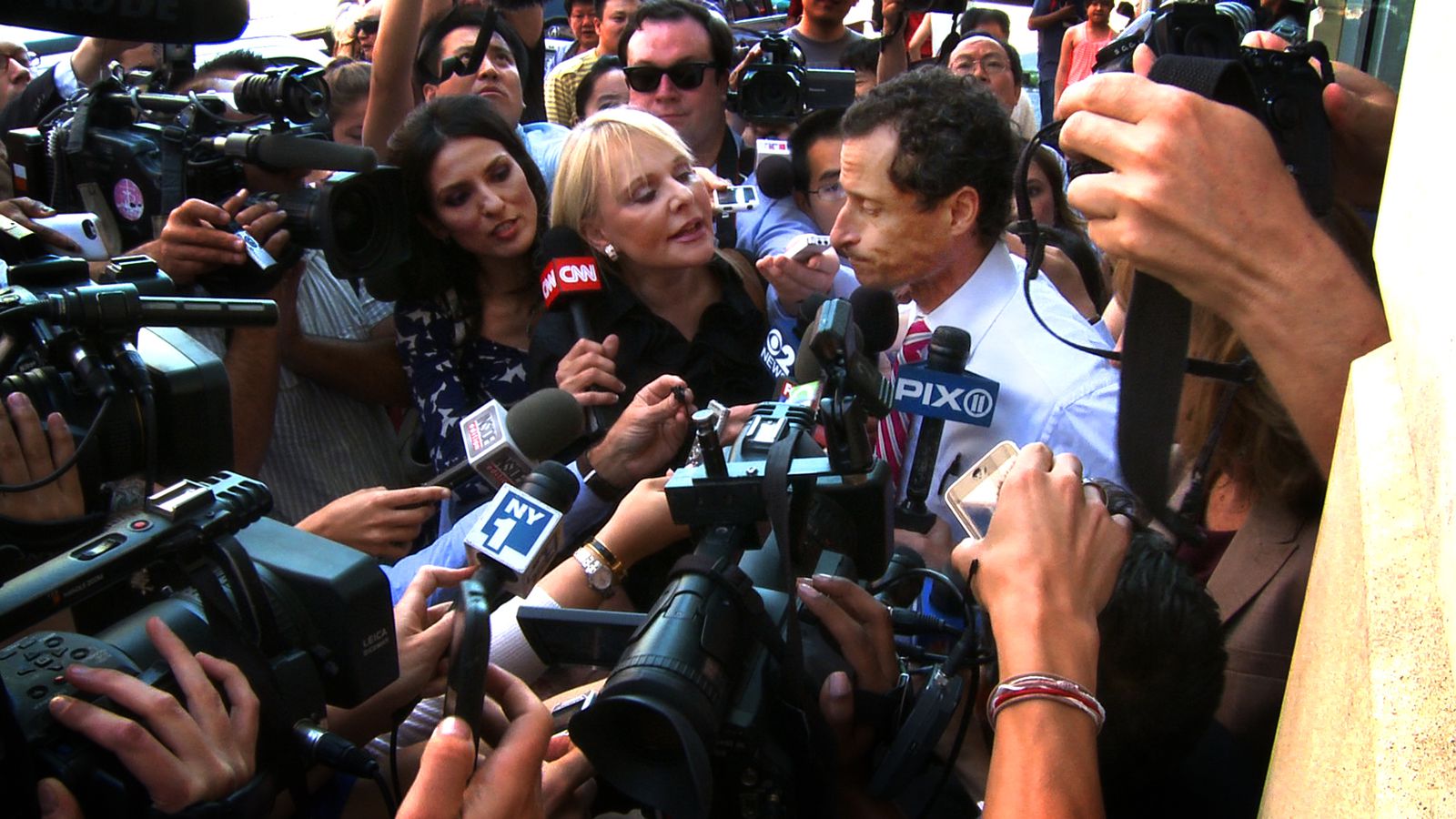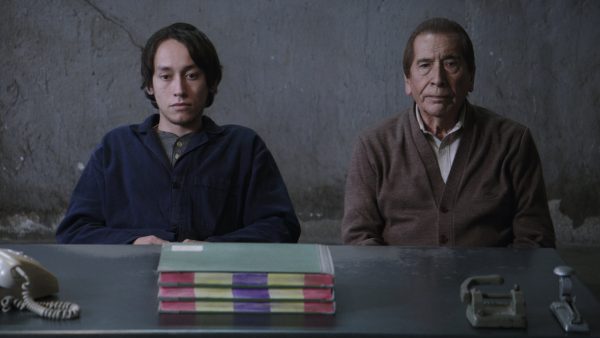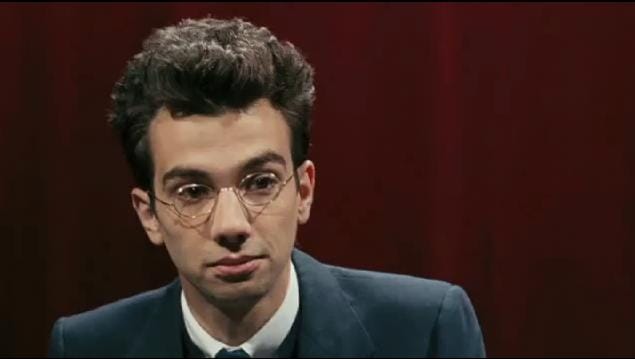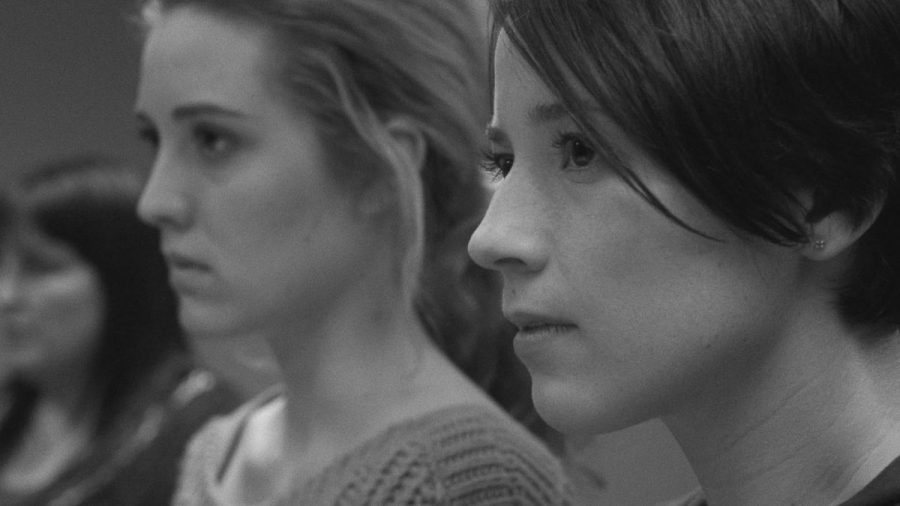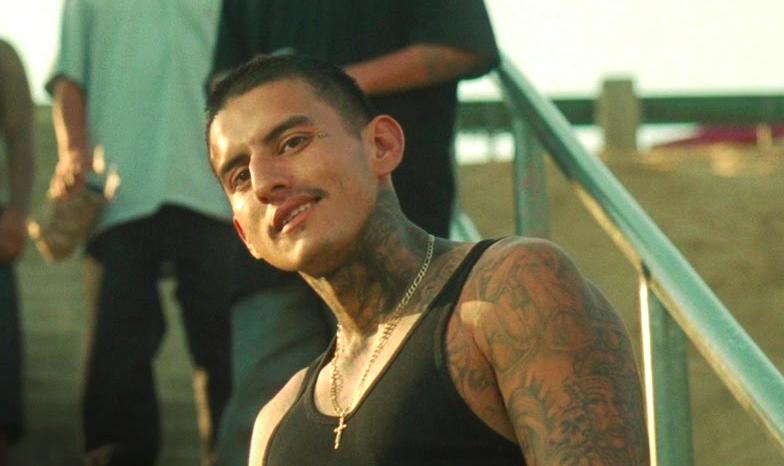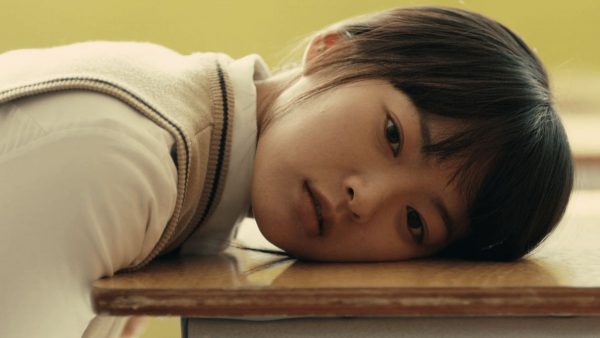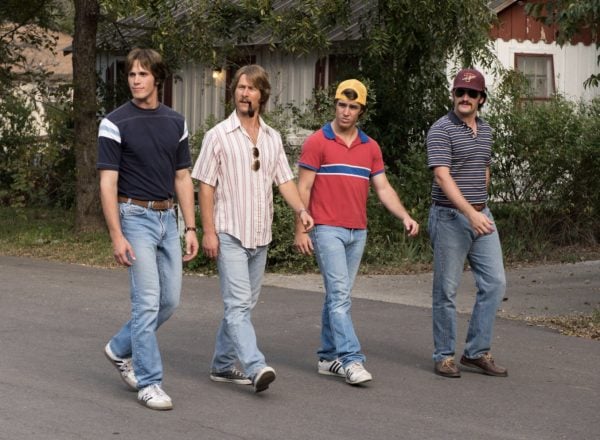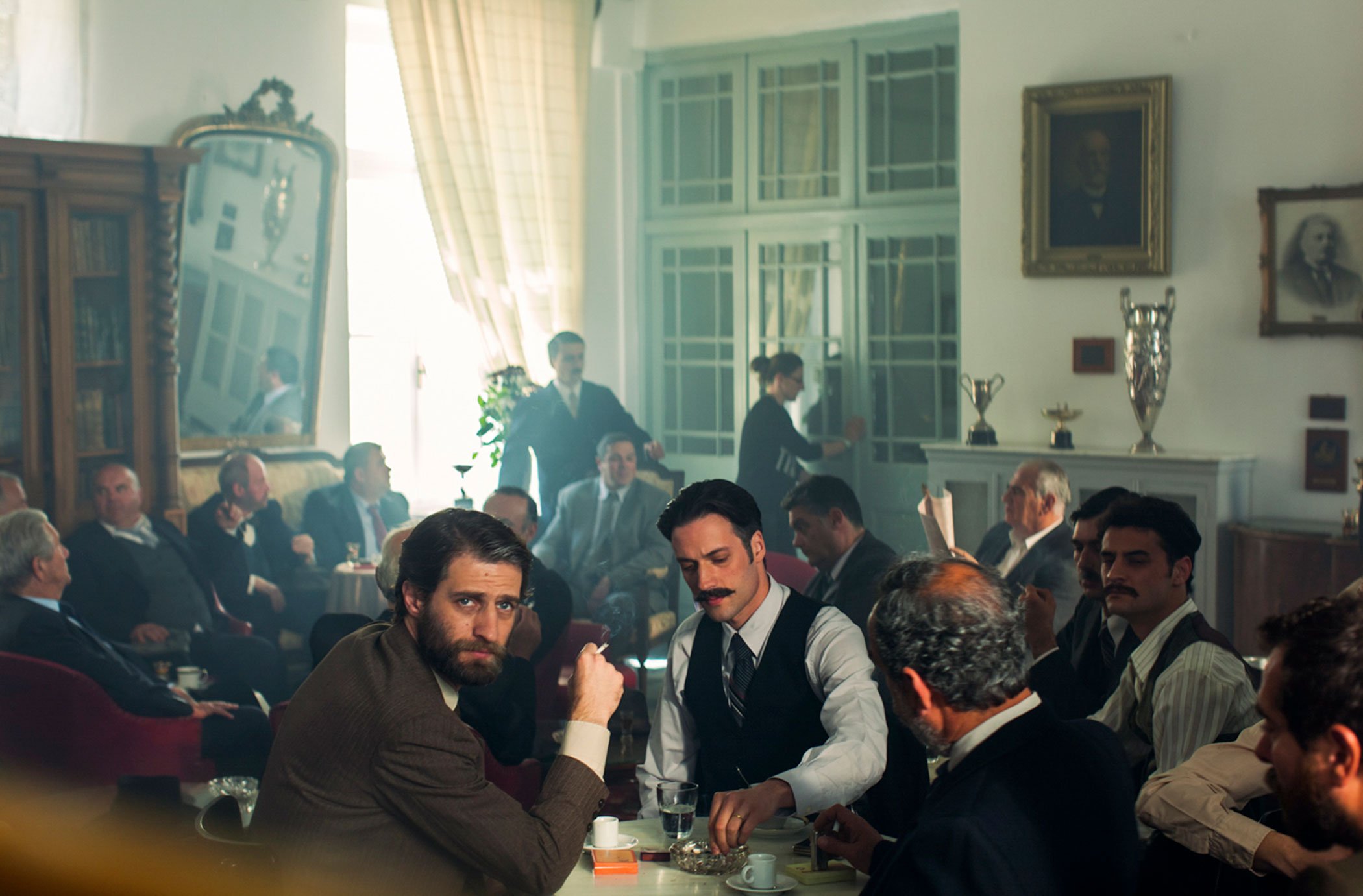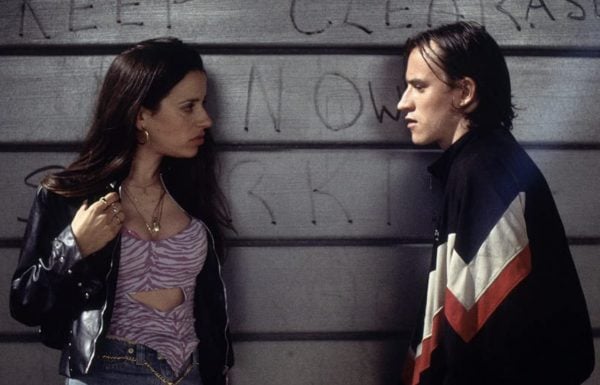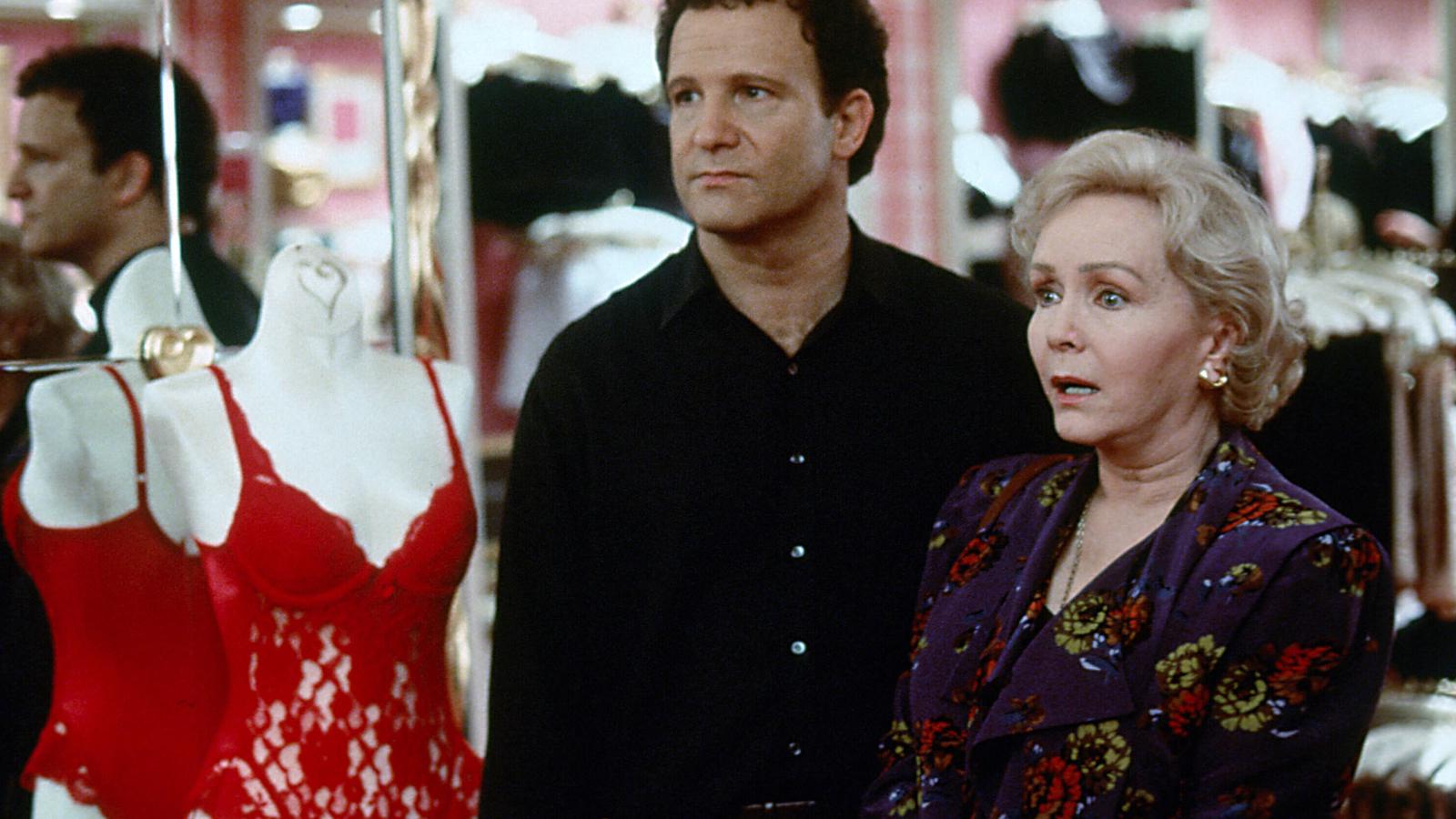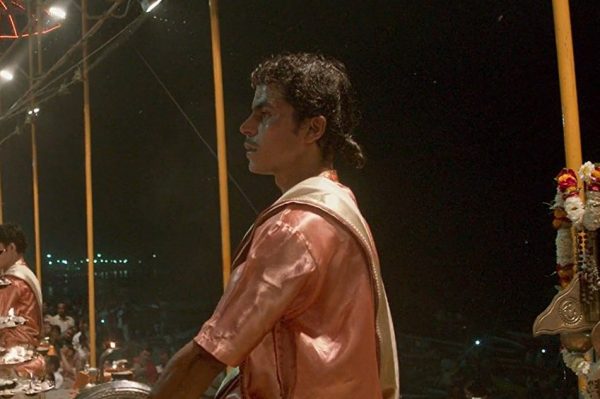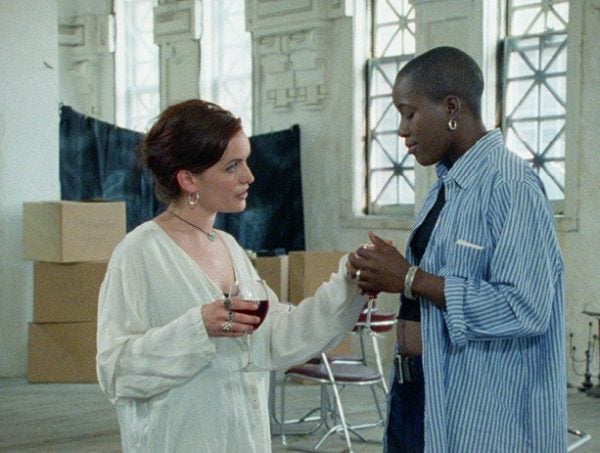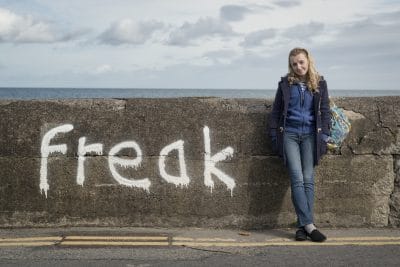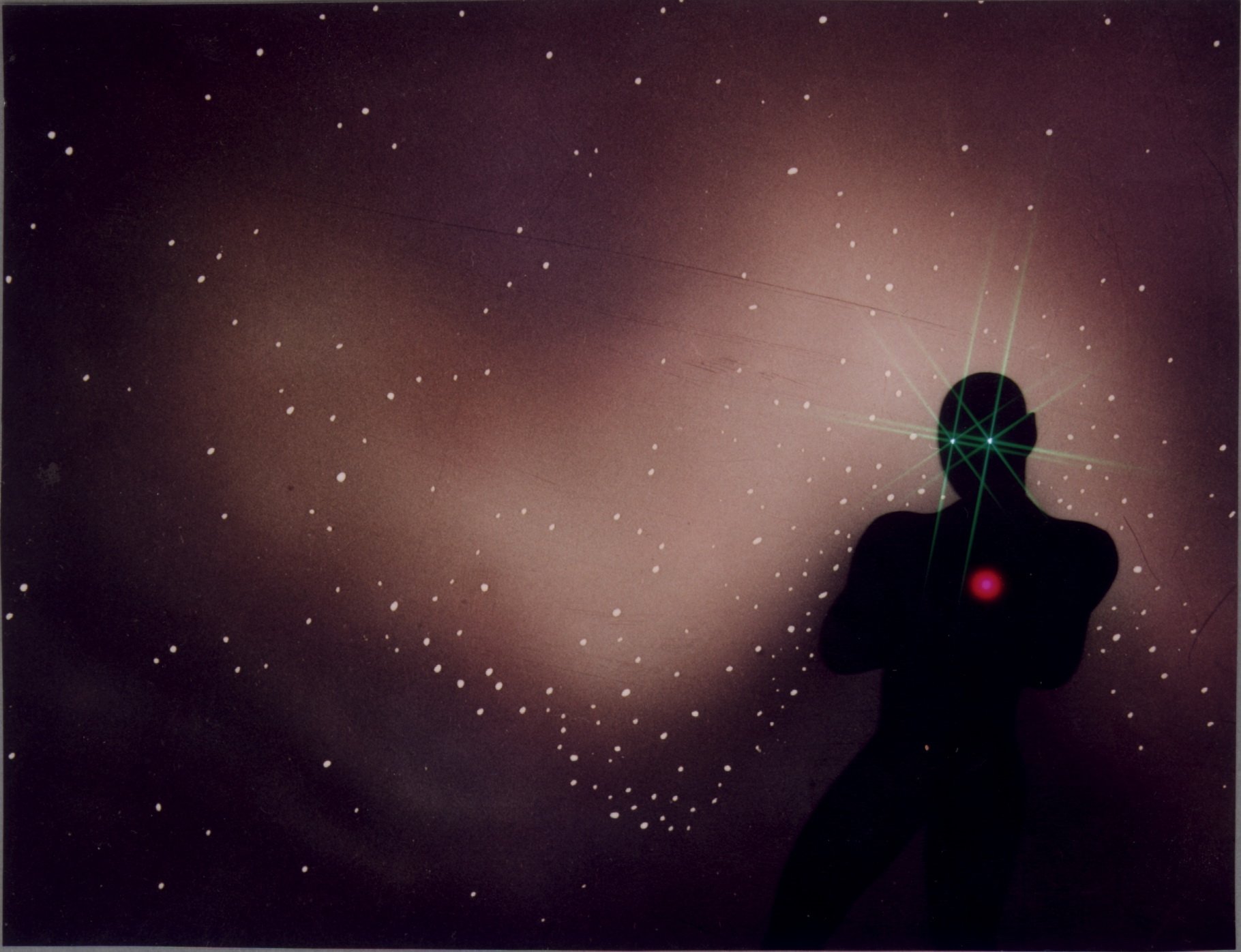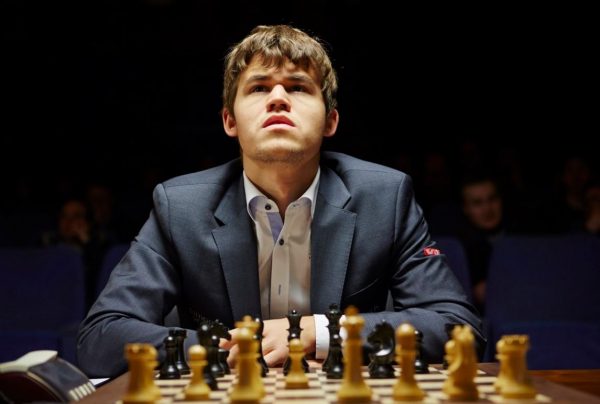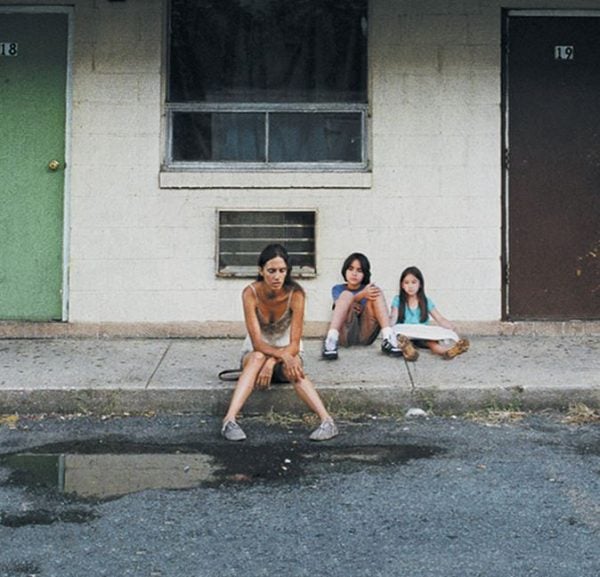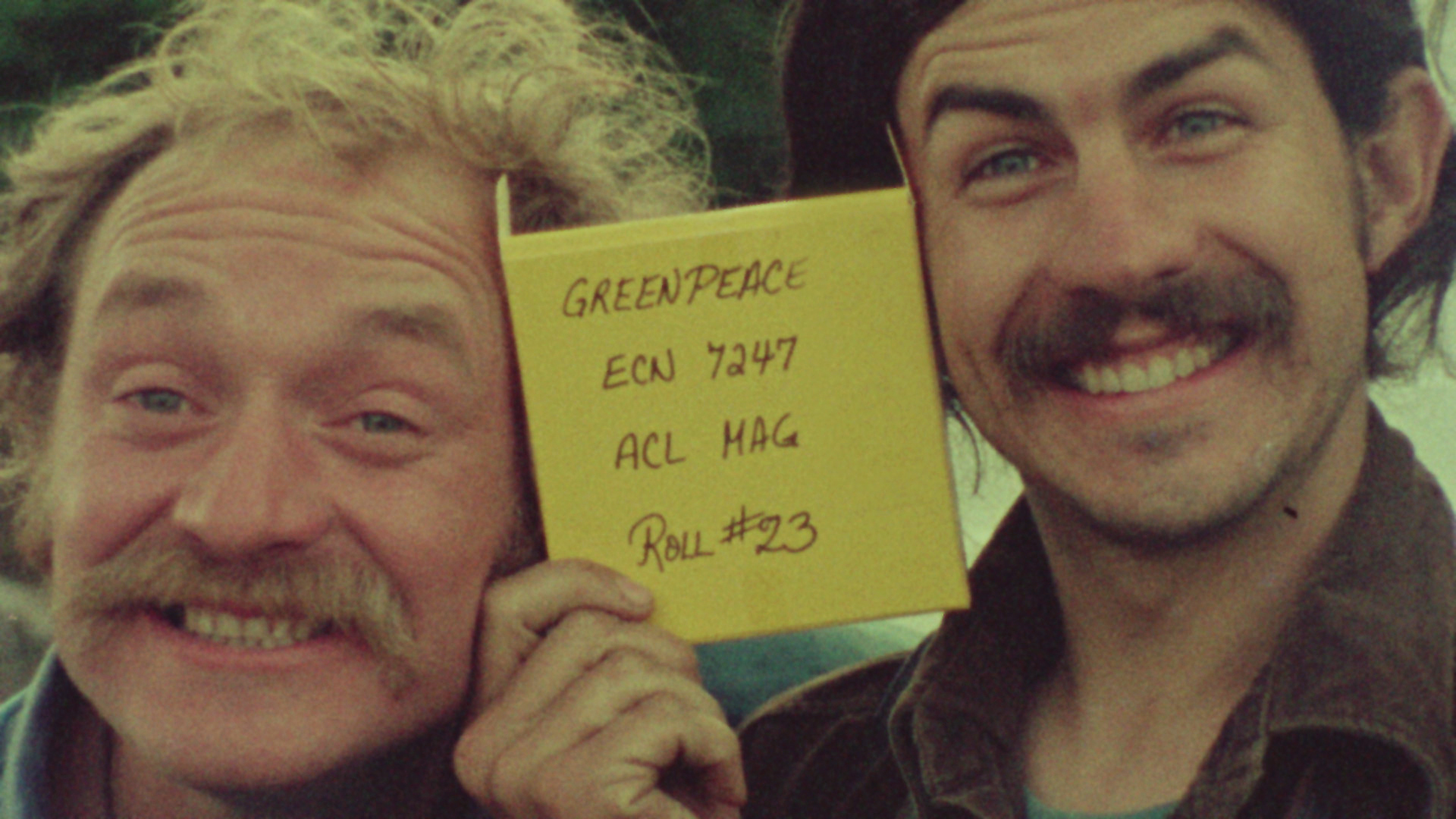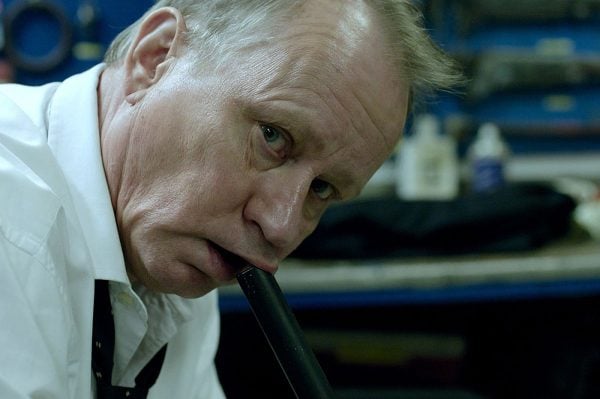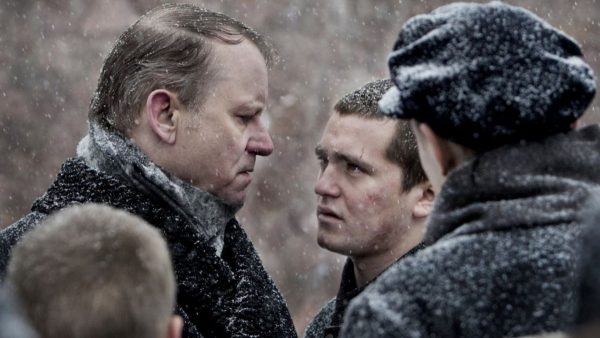Movies Like Deadpool (2016) (Page 10)
Pan’s Labyrinth director Guillermo del Toro creates another haunting movie that leaves you questioning your sense of reality. El Orfanato revolves around a mother tries desperately to find her missing adopted son soon after her and her husband move into her old orphanage. But the past horrors of the orphanage will not let her son […]
Hilarious and sweet, Meet the Patels is a charming collaboration between siblings Geeta and Ravi Patel. While the film is a documentary, it feels more like a real-time romantic comedy – which makes sense, given that it’s about Ravi’s quest for the perfect wife. Standard tropes, such as parental disapproval, are present here, but the […]
How do you get rid of an irremovable stain? In Lodge Kerrigan’s psychological thriller, characters shave the dirt off in hopes of returning things to their original pristine state. In the process of doing so, however, permanent damage is incurred, which begs the question: is the eradication of filth correspond to cleansing? Through erratic editing […]
Ryan Gosling plays a Jewish Neo-Nazi in this extremely riveting window into the definition of inner conflict. It is a prime example of how character development should be done and it put Gosling on the map for me. He starts out as an exemplary student in Hebrew school until he starts questioning his teachings and […]
Directed by Kim Longinotto and Jano Williams, this documentary combines intimate interviews, fly-on-the-wall observation, and striking cinematography to present a compelling glimpse into the lives of three transgender individuals working as hosts in Tokyo’s bustling Shinjuku district. With unprecedented access to the subjects’ lives, the documentary delves deep into their emotional journeys, capturing their hopes, […]
Bill Forsyth, an acclaimed Scottish director best known for his films Local Hero and Gregory’s Girl, directs an underrated masterpiece with the 1987 drama Housekeeping. Adapted from Marilynne Robinson’s outstanding novel, Housekeeping is the story of two sisters, Ruthie and Lucille, who are orphaned and raised by their peculiar Aunt Sylvie. As the young sisters […]
Adventureland is a retro-tinged movie about teens in Pittsburgh working at a run down amusement park during the summer of 1987. It is marketed as similar to Superbad, when in fact the only thing they have in common is the Director. Adventureland is funny, but it is more sweet, tender, and intimate. Touching on themes […]
To Hollywood’s shame, it wasn’t until 1998 that a major feature made by Native American filmmakers was released. It was this charming indie gem that belatedly broke that new ground: based on author Sherman Alexie’s The Lone Ranger and Tonto Fistfight in Heaven, Smoke Signals retains the irreverent humor hinted at in its source material’s […]
Let’s fight! I’m not a fan of “Into the wild” okay okay, calm down… Maybe we can fix this. Maybe we could watch “The Motorcycle Diaries” together. Watching this heartwarming movie, you will get the travel bug. I got it and I never got rid of it. I even want to go on a motorcycle […]
Artist and filmmaker Clio Barnard put herself on the map of new British talents with her 2010 debut The Arbor, a daring, genre-bending biopic about Bradford-born playwright Andrea Dunbar and her tragic personal and impressive artistic life. Coming from a poor working class family with seven siblings, Dunbar wrote her first play age 15. She […]
Former Congressman Anthony Weiner just doesn’t give up. After a 2011 scandal that had him resign from office, Weiner tries to make a comeback in this documentary that follows his 2013 mayoral campaign. His passion for public service is indisputable, and despite his shortcomings, it’s hard not to root for his go-getter attempts at a […]
When Sr. Lino started his warehouse job, he had to work for 11 years before being able to sit down during work hours. This is because there was one chair, and he had to wait for his more senior colleague to retire before he could have his turn. Now, many years later, he’s about to […]
A fantastic and light Canadian comedy, the Trotsky stars Jay Baruchel as Leon Bronstein, a young man who believes himself to be the reincarnation of the Soviet leader Leon Trotsky. True to his past life, Leon soon begins a quest to organize a revolution at his father’s clothing company, while dealing with the transition from ritzy […]
Polytechnique directed by Denis Villeneuve, is a dramatization of the 1989 Montreal massacre of multiple female engineering students. This film focuses on a male student navigating the massacre for the majority of the film’s run time. The performances and minimal dialogue in this film certainly make this an unnerving film to watch. Littered with the […]
Demian Bichir was nominated for an Oscar for his role in this movie where he plays an illegal immigrant and father. You might be wondering “who is that?”, but trust me you won’t after watching this movie. The kindness, complexity, and authenticity he brings to this story are unparalleled. A Better Life is about the […]
This South Korean coming-of-age story, an award-winning debut from Lee Su-jin, is centered around a high school student named Han Gong-ju. There’s a dark aura surrounding our teenage protagonist, as she avoids making new friends and closes herself off from the world. More than anything, she is afraid that people will discover the secret behind […]
Richard Linklater’s spiritual successor to Dazed and Confused invites you back to 1980 with a group of college freshmen discovering and navigating their first taste of young adulthood. Linklater is best known for balancing authentic dialogue and earnest performances, both of which shine in this movie. Notable performances are given by all in this ensemble […]
When a stranger claiming to be your long lost uncle suddenly announces that he’ll be visiting you, there’s an immediate mystery there: is this man really who he claims he is? The Stranger is centered on that idea, but the way Satyajit Ray expands on his short story transforms this domestic drama into a witty […]
Little England is one of those rare cases in small-nation cinemas, where a film was equally appealing to mainstream and arthouse audiences. Upon its release, it was box office success and 2013’s Oscar submission for Best International Feature. Festival darling Pantelis Voulgaris equipped this interwar romantic drama with the attributes of an epic: it’s two […]
Grounded by Lesley Manville and Timothy Spall’s powerhouse performances, this gut-wrenching family drama from Mike Leigh is an acting juggernaut. Penny and Phil are a working-class couple whose marriage is rapidly deteriorating and pushed to the brink when their son, played by a young James Corden, is hospitalized. While Manville and Spall are centered as […]
Only a writer of Albert Brooks’ comedic and perceptive talents could turn the premise of an insecure middle-aged man having romantic trouble into something genuinely funny and poignant. Brooks appears as his signature brand of self-loathing boomer here: he plays John Henderson, a middling novelist who’s recently gone through a second divorce. When he finds […]
A sincere portrayal of the gritty British working class life through the coming-of-age story of a girl who loves rap music and dancing to it. It features a stunning and powerful performance from newcomer Katie Jarvis who had no acting experience whatsoever, and who was cast in the street after she was spotted fighting. She plays Mia, a 15 […]
2005 was a banner year for British period dramas, apparently: first, there was Joe Wright’s Pride & Prejudice (still arguably the genre’s crowning achievement), and then came Under the Greenwood Tree, a delightful made-for-Christmas-TV romance loosely based on the eponymous Thomas Hardy novel. Anyone familiar with the author’s typically tragedy-tinged stories — think Tess of […]
Before her triumphant Oscar win for her role in Minari, Youn Yuh-jung starred in The Bacchus Lady as So-young, an aging sex worker strugglin to make ends meet. Youn brings a certain dignity to the role that’s rarely seen in typical depictions of sex work around the world. Her work isn’t framed as something disgusting […]
Hotel Salvation is a touching movie about a father asking his son for a last wish : let him die in the Holy city of Varanasi. This Indian drama will let you discover a modern Hindu philosophy, the power of the scenic Varanasi and the bonds of family. It faces the question of death in […]
If there’s one obvious thing that keeps Kano from becoming great, it’s the fact that it takes a little over three hours just to get through. It certainly can be trimmed down by a lot, but going through the three hours isn’t too bad of a time, seeing as it celebrates the real life Taiwanese […]
This drama was the first feature written and directed by an out Black lesbian, Cheryl Dunye, and it is an absolute joy: a cheeky faux-documentary that ingeniously blends lesbian dating life with a historical dive into Black actors in 30s Hollywood. Dunye plays Cheryl, a self-effacing version of herself, an aspiring director working at a […]
Dogtooth is a bonkers tale about three teenagers who live an isolated life on their family’s estate due to strict rules set by totalitarian parents. Their vocabulary is limited and their perception of the world is strange. They’re taught that cats are bloodthirsty monsters, that disobedience is grounds for horrific punishment, and that the world […]
There is no shortage of offensive jokes in this comedy about a man who tries to prove to his girlfriend that he is dad-material. Think Borat, but Danish, and with brothels. The man in question tries to change his lifestyle after his girlfriend, not thinking he is responsible enough, hides the fact that she is […]
Emily (Evanna Lynch), a strange, unique girl does not receive the long awaited letter from her father on her birthday. Sick of worrying, she decides to break away from home to visit him in the psychiatric institution where he stays. The plan requires the help of Arden (George Webster), a boy from school who is […]
Taking 23 years until its completion, The Tragedy of Man is quite possibly the most ambitious film ever made, not just in its animation, but also in its scope. It’s quite fitting, as an adaptation of the classic Hungarian play, as Imre Madách’s story sets out to question not just the individual’s purpose, but the […]
This Norwegian documentary in English is about Magnus Carlsen, the current world champion who became a chess grandmaster at age 13. It might be tough to believe but Magnus’ ascension was slowed down significantly by many crises in self-confidence and difficulty to cope with the pressure at a young age. With home footage and interviews […]
A mother and her two children move from Colombia to Queens, New York to join the father. Once there, he abandons them and moves to Miami. With no family to fall back on, barely speaking English, an inexistent social welfare system and two little kids who require care; the mother quickly runs out of options. […]
How to Change the World is an insightful and candid documentary about the formation of Greenpeace in 1971 by a small group of environmentalists and activists in Vancouver, British Columbia. Beginning with their attempt to disrupt U.S. nuclear testing in Amchitka, Alaska, the film follows their subsequent efforts to thwart commercial whaling in the Pacific, […]
This movie is pretty much in every regard a Norwegian Kill Bill. It’s a dark gory comedy where, naturally, the substitute for Uma Thurman doing damage is an emotionless Stellan Skarsgård. After his son is killed by a drug gang, Skarsgård’s character, fresh off a win of a “citizen of the year” award, embarks on […]
This gorgeous Scandinavian movie is based on a true story and stars the ever-reliable Stellan Skarsgard. He plays the governor of a strict youth correctional facility in Norway in 1915. The arrival of a feared kid kickstarts events that are very famous in Norway but little-known elsewhere: an uprising within the facility that will eventually […]
























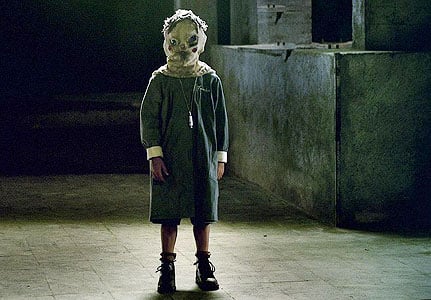
 x20
x20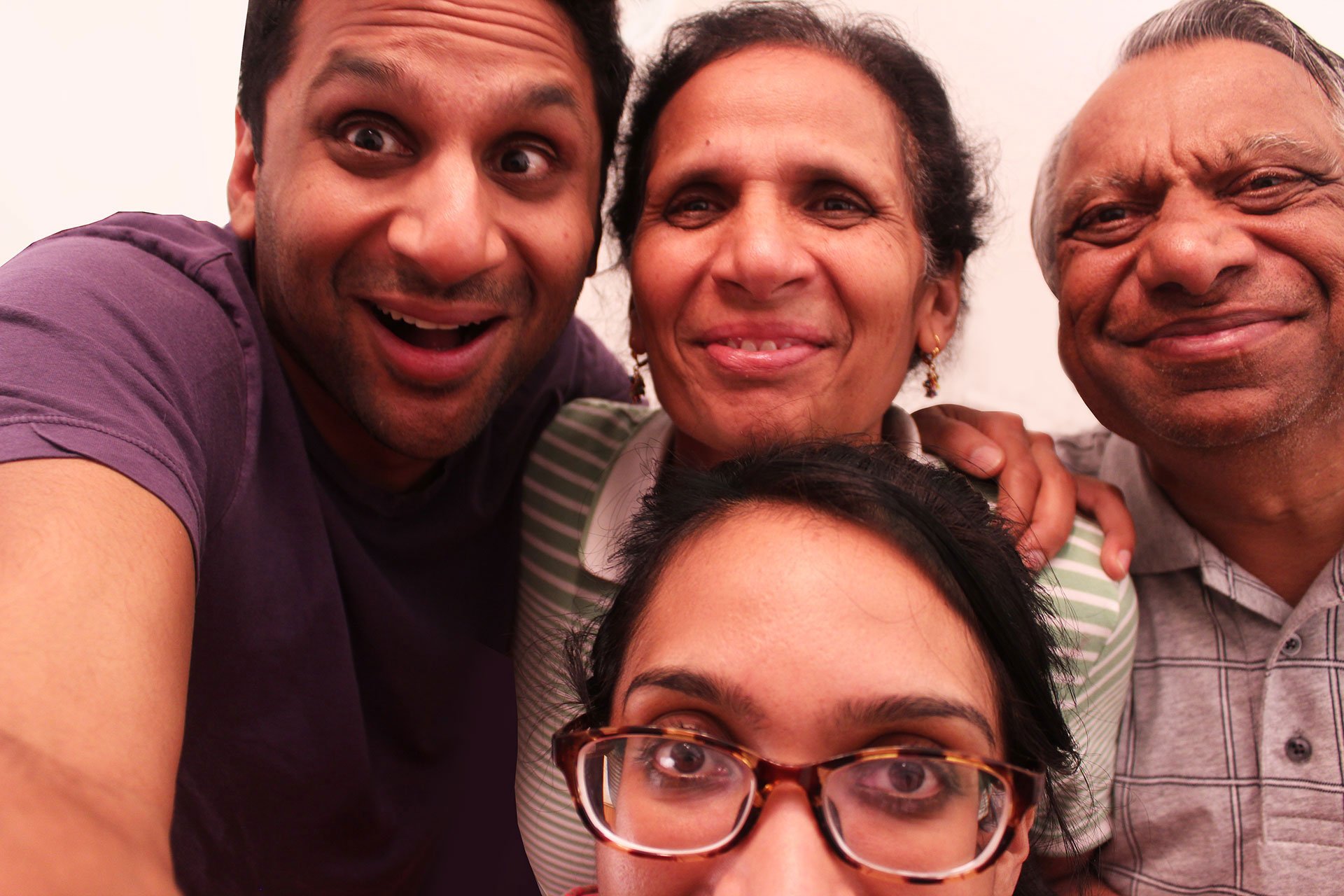
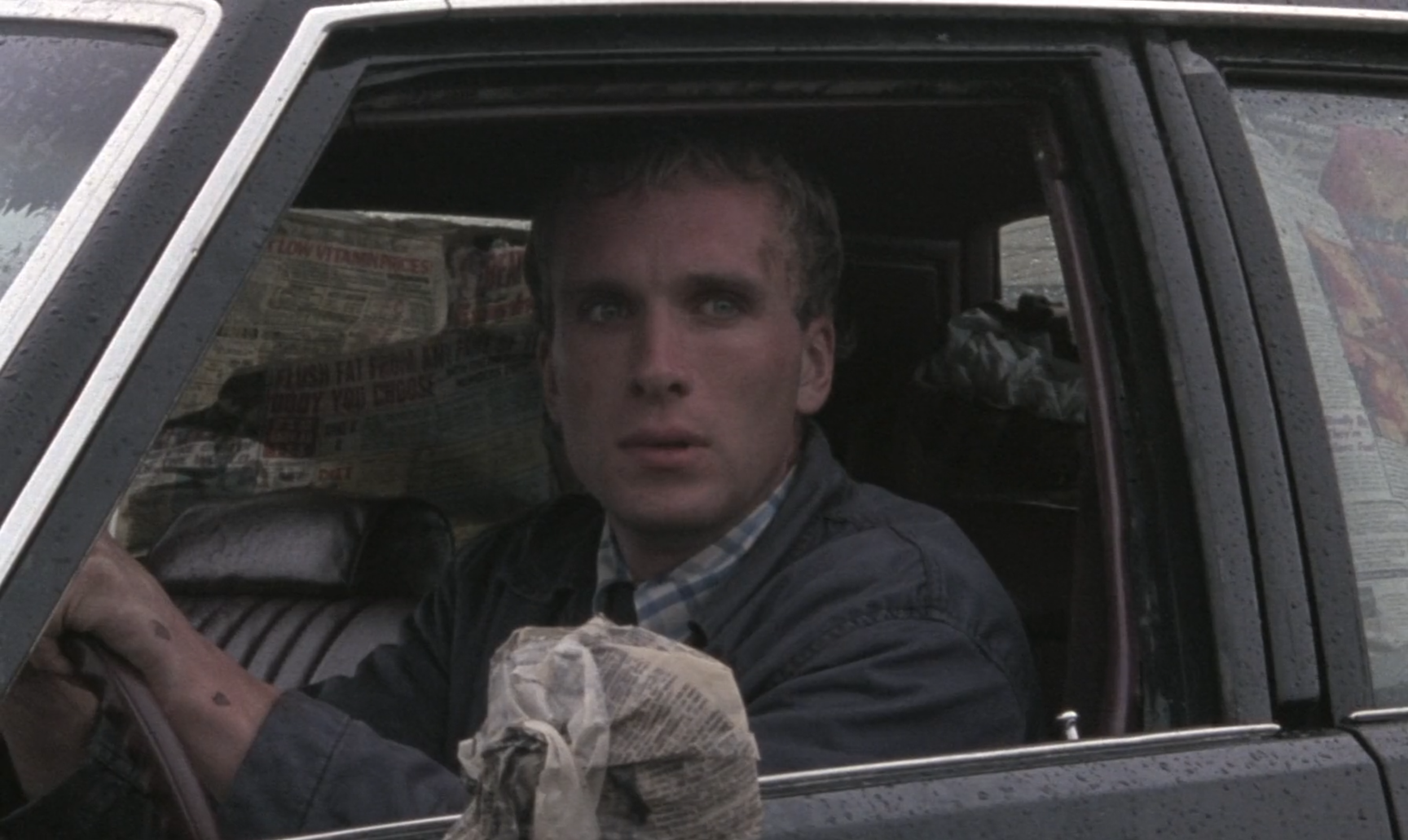
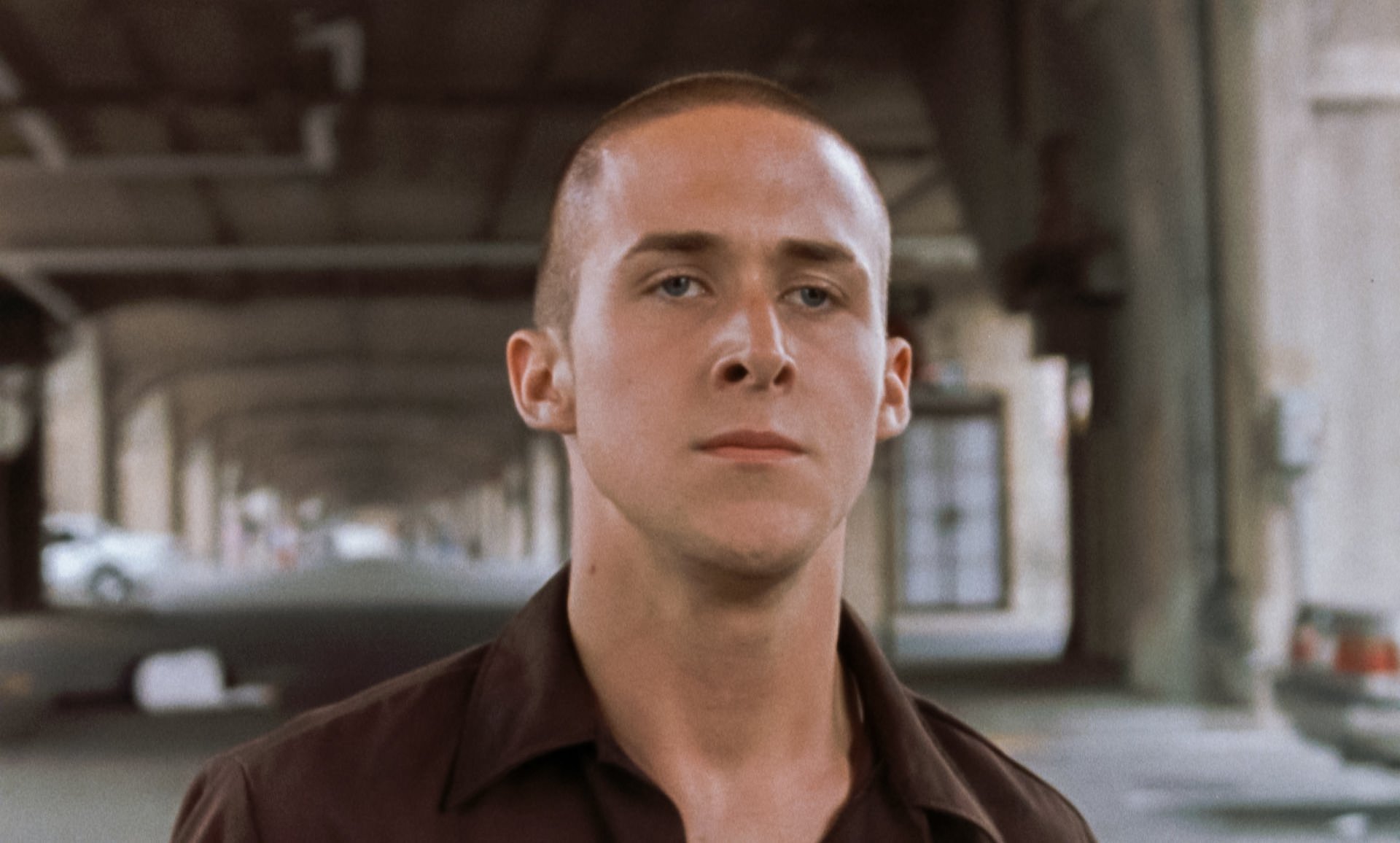
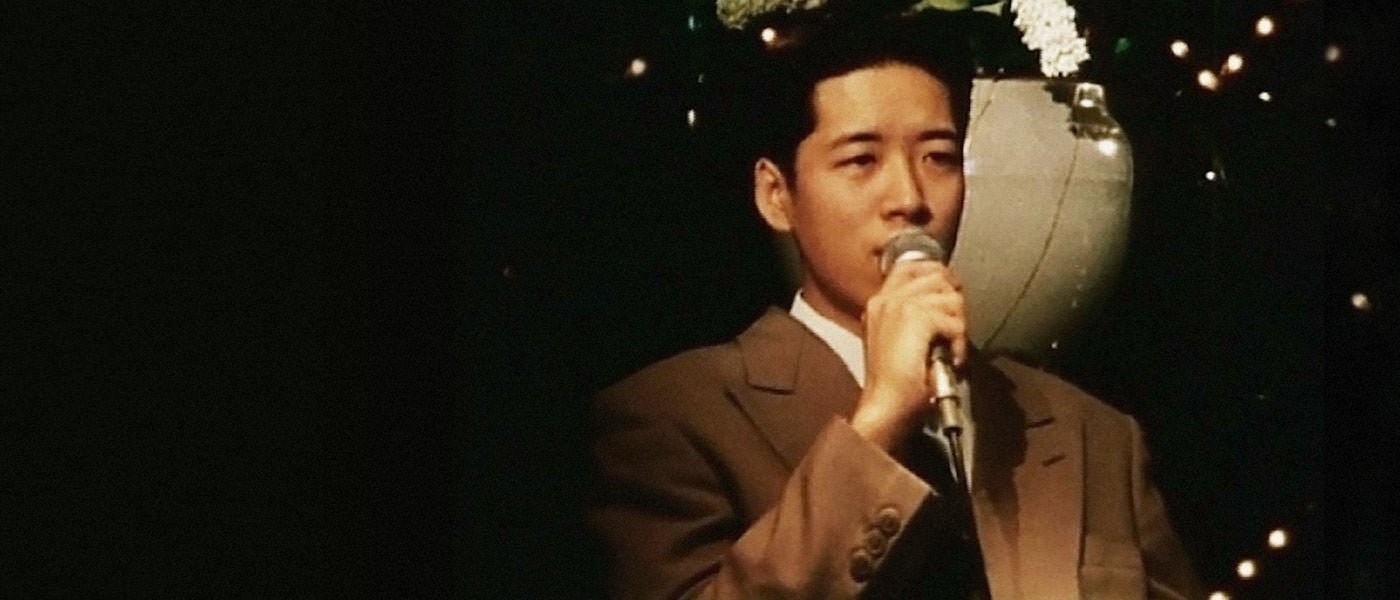
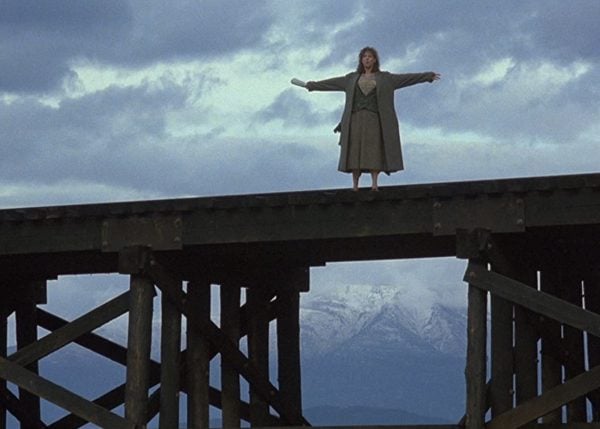
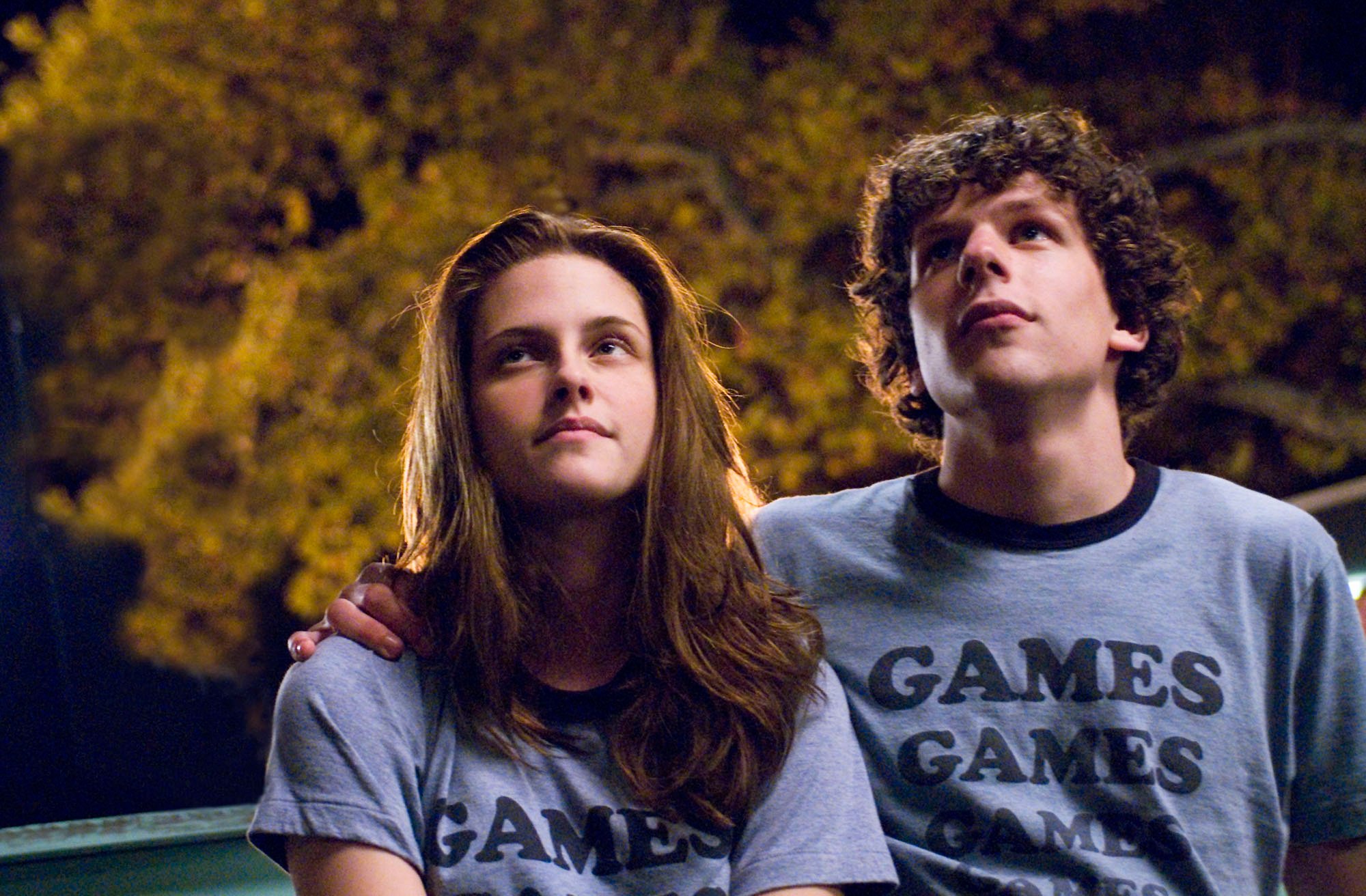
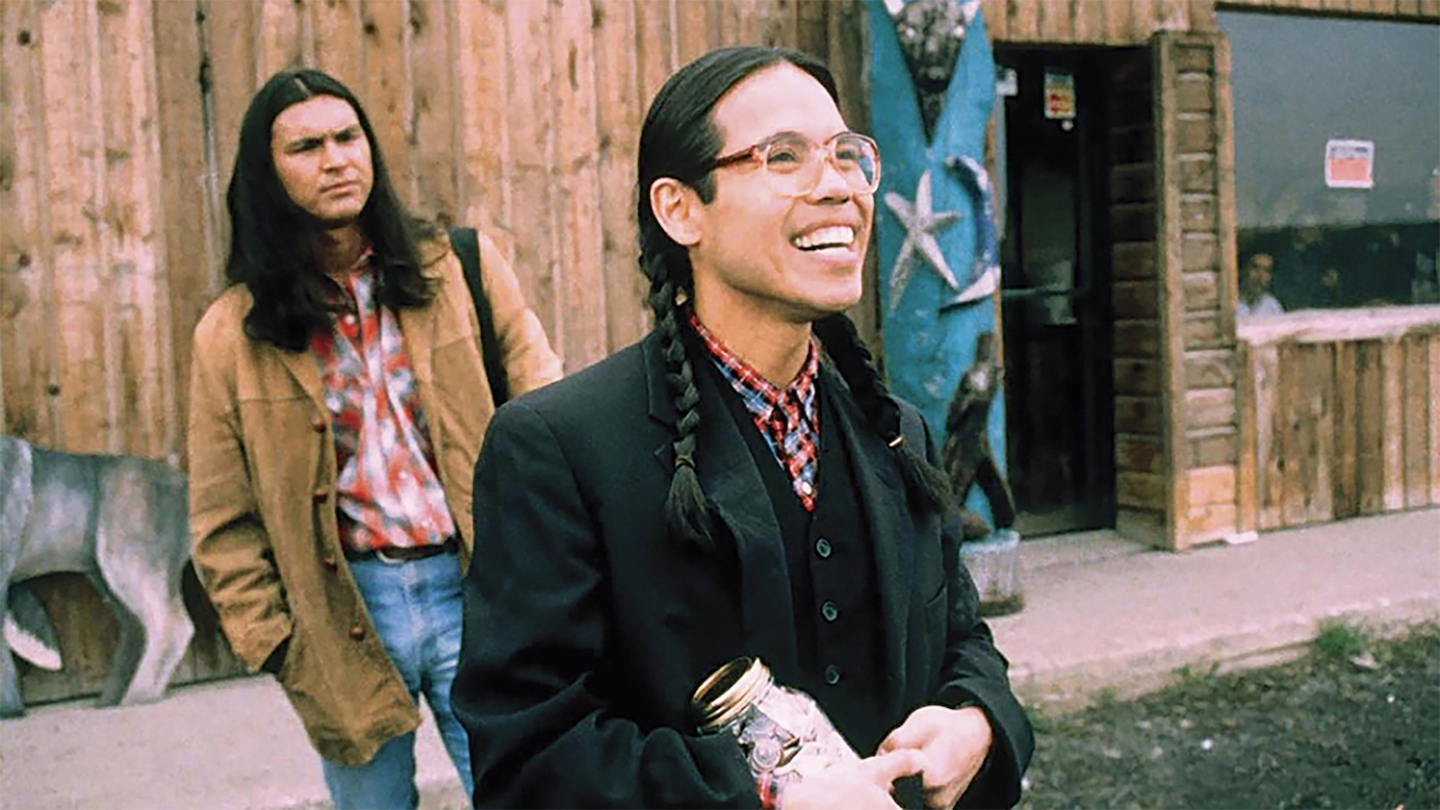

 x2
x2